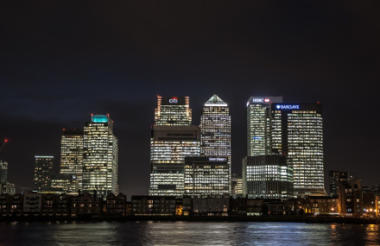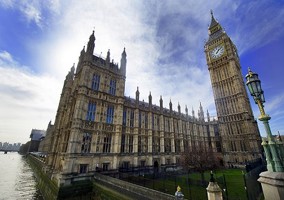A swathe of data has shone a light on the economic hole created by the pandemic lockdowns. It would be futile to list it all here, but certain headline figures stand out.
The lockdown brought about the biggest monthly change in UK GDP on record (-5.8% compared to February), resulting in the largest quarterly economic contraction since the financial crisis (-2.0% compared to Q4 2019), according to the Office for National Statistics (ONS). The worst of the damage, however, is still underway, with much of the second quarter spent in lockdown. In its latest meeting in early May, the Bank of England forecast that the pandemic would lead to the worst recession in 300 years, driven by an estimated fall in economic activity of a further 25% in the second quarter.
The Bank made no change to its full-throttle monetary policy stance and though it claimed to have more to give, the onus is increasingly falling on the government to support the economy. Rishi Sunak extended the government’s furlough scheme to October, which now covers almost a quarter of the UK workforce, according to our calculations based on data from GOV.UK and ONS. As such borrowing and subdued tax revenues look set to continue increasing throughout the year, stretching the UK’s fiscal purse, and potentially testing investors faith in lending to the government. A deflationary downdraft dominates for now, but this fiscal set up, with the Bank of England holding their foot on the monetary accelerator, is ultimately one of increased inflation.
Despite these gloomy developments, confidence remains (particularly in the Bank of England) that there will be a swift recovery beyond this year. Indeed, the FTSE All-Share of UK equities has now risen by almost 20% since its low on 23 March, data from Bloomberg shows.
To us, this V-shaped rebound appears overly optimistic. Many companies are taking drastic measures to conserve cash – Royal Dutch Shell cut its dividend for the first time since World War II. A financial market liquidity crisis has been averted, but solvency problems still loom on the horizon. We believe it is premature to be fully engaging with equity markets again. Rather, protection against both a further deterioration in credit standards and an ultimate inflationary environment is key to preserving capital.
Oliver Shale is a senior investment associate at Ruffer
Ruffer LLP is a limited liability partnership, registered in England with registered number OC305288 authorised and regulated by the Financial Conduct Authority. The information contained in this article does not constitute investment advice or research and should not be used as the basis of any investment decision.
Related articles











